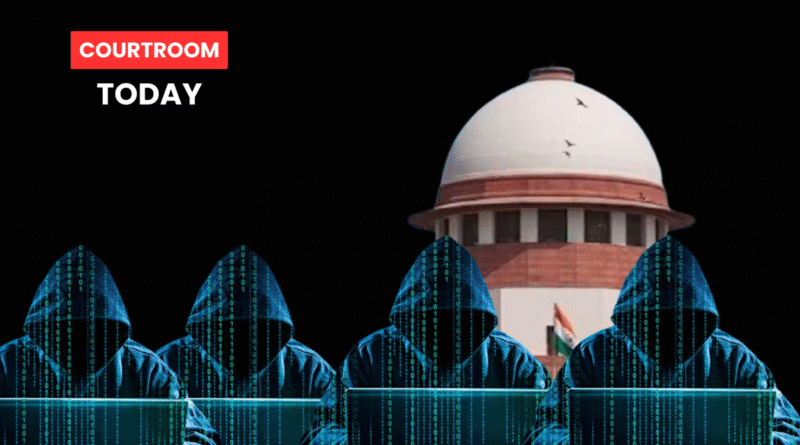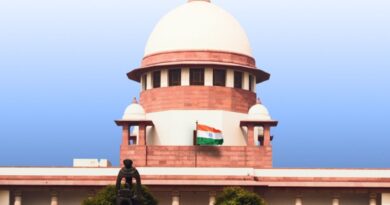PIL for Stricter Cyber Crime Laws Rejected by Supreme Court
The Supreme Court has dismissed a public interest litigation (PIL) filed by advocate Harish Sharad Bhambare, which sought amendments to the Information Technology Act, 2000, and its Rules to impose harsher penalties for serious cyber crimes.
The petition targeted offences such as financial fraud, data breaches, identity theft, cyber scams, morphing, sextortion, and crimes against children. It also suggested creating a statutory roadmap within six months for legislative amendments.
A Bench of Justices Surya Kant and Joymalya Bagchi observed that the plea essentially asked the Court to perform a legislative function, which is beyond its constitutional powers. During the hearing, the petitioner, appearing in person, admitted that his request was directed towards Parliament. Justice Kant remarked that while the Court would not mind having such powers, the Constitution does not provide them.
The petitioner’s proposals included:
- Tiered sentencing and mandatory minimum punishments for repeat offenders
- Higher fines in line with global standards
- Criminalisation of child pornography possession
- Digital restrictions post-conviction
- Establishment of specialised cyber courts and fast-track trials with trained forensic and judicial staff
As an interim measure, he also suggested making high-value cyber fraud and child exploitation cases non-bailable unless restitution was made, and directing courts to consider the seriousness of the offence before granting bail.
The Bench dismissed the PIL as misconceived and advised the petitioner to present his recommendations to the relevant legislative and executive bodies instead.





